Content by Krista Ehlert
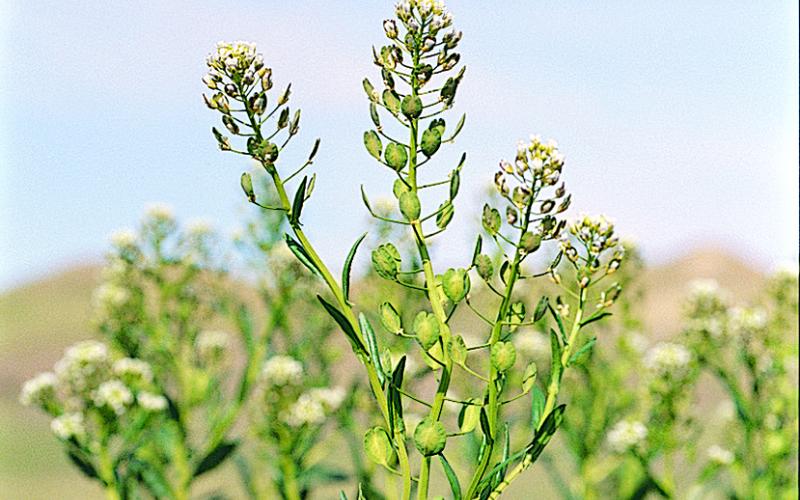
Toxic Plants in Dormant Pasture and Hay: Field Pennycress
Toxic plants negatively impact livestock by decreasing reproductive performance (breeding and calving rate), reducing weight gains, and causing animal health issues and death. Assessing and treating animals experiencing toxicity may increase operation costs through either veterinary intervention or death loss.
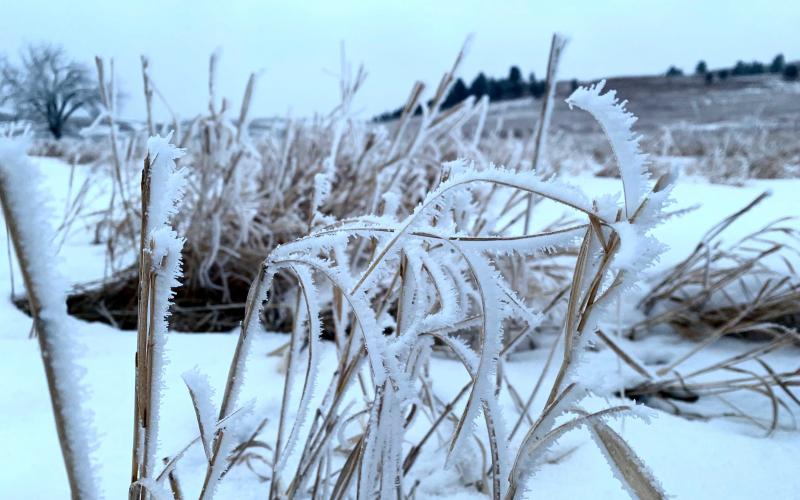
SWOT Analysis for Your Ranch (And Don’t Forget About Yourself)
Completing a SWOT (Strengths, Weaknesses, Opportunities, Threats) analysis allows you to evaluate your operation's current position and decide on management strategies to achieve your goals for the next year. Learn how to get started today!
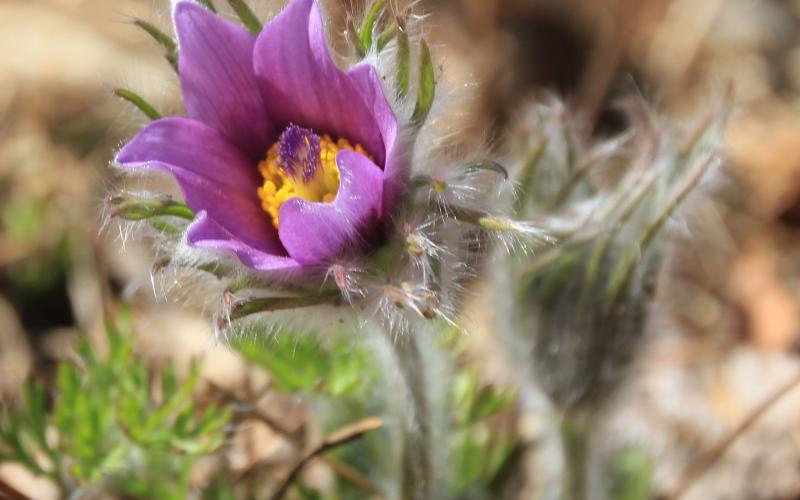
Common Flowering Plants (Forbs) of South Dakota
This guide focuses on forbs, or flowering “broad-leaved” herbaceous plants, but forbs can be narrow-leaved as well.
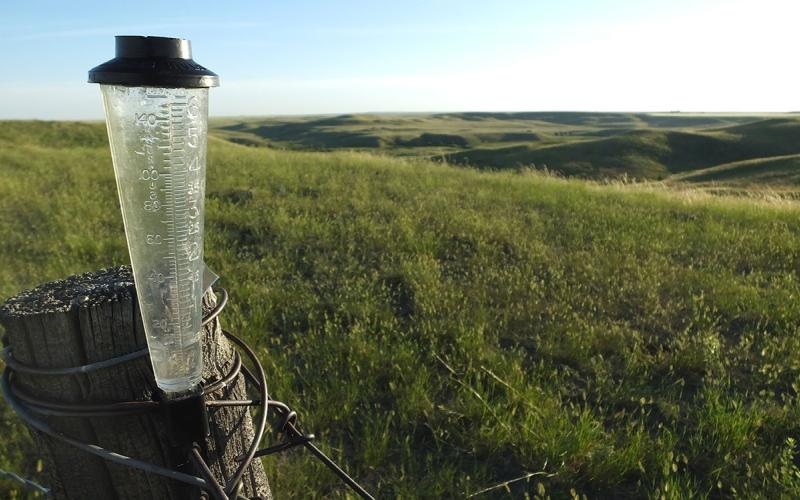
Five Range Management Principles: #5 Climate Ready
Understanding your ranching system is critical, and identifying anticipated soil-plant-animal responses during periods of dry, wet, or normal conditions will enable you to develop climate-ready practices. Learn how to get started today!
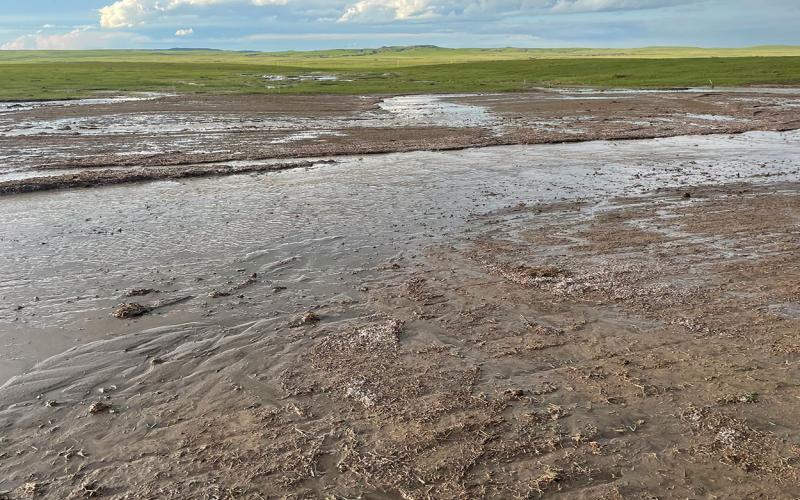
Five Range Management Principles: #4 Residual Forage
Residual forage is the amount of green leaf left after a grazing event. Understanding its importance can help producers capitalize on the symbiotic relationship that occurs when soil health is front and center on rangelands.
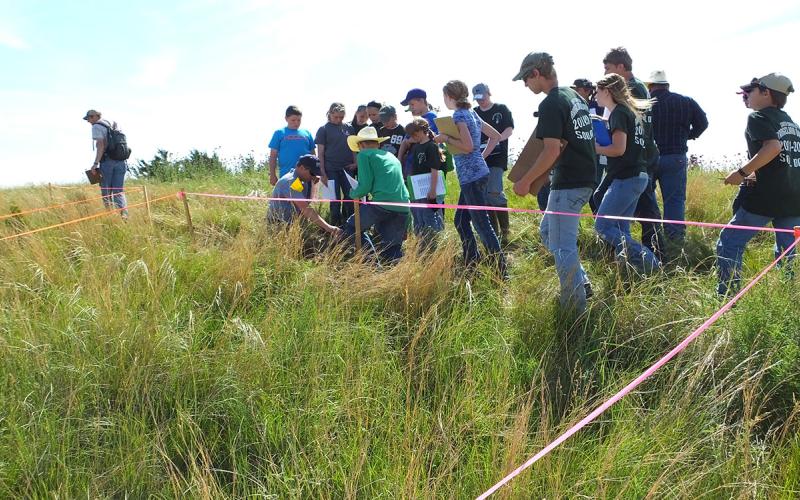
38th Annual Rangeland and 17th Annual Soils Days Held in Murdo
August 15, 2022
SDSU Extension, along with the Jones County Conservation District and the South Dakota Natural Resources Conservation Service (NRCS), hosted the 38th Annual Rangeland and 17th Annual Soils Days June 14-15, 2022, in Murdo, South Dakota.
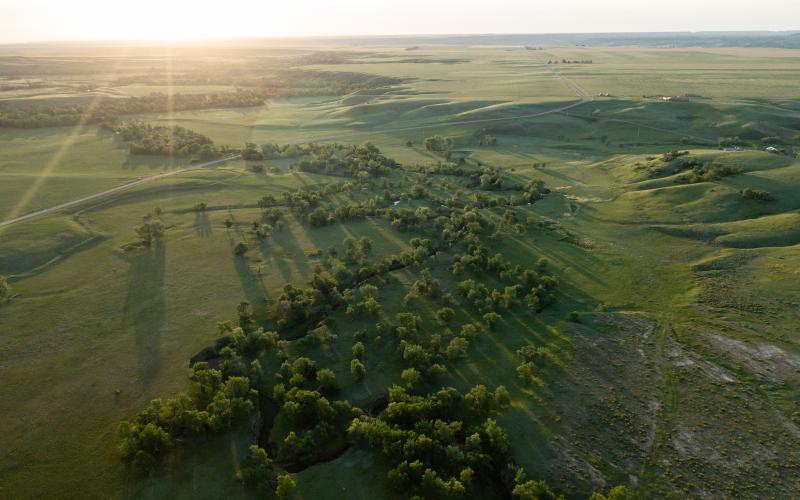
Understanding Western South Dakota Prairie Streams
This document provides information and guidance for landowners and land managers in western South Dakota who are managing small intermittent streams.
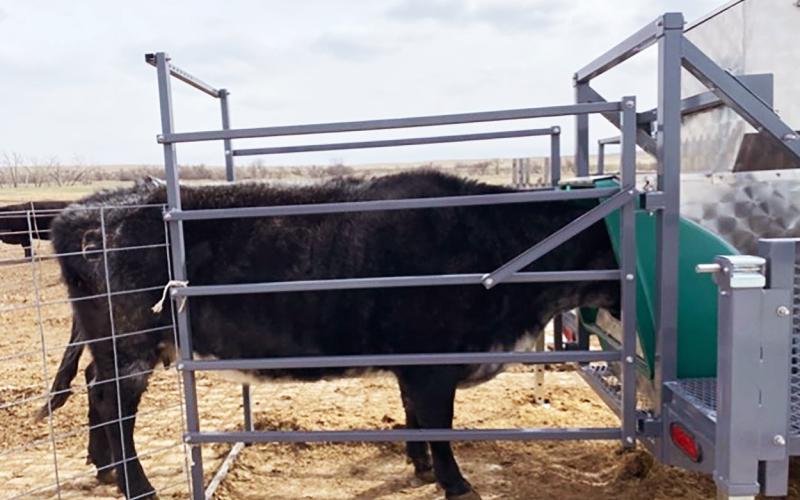
Range Roundup: Precision Technology to Measure Cattle Methane Emissions and Intake on Western S.D. Rangelands
In a recent research project, our precision livestock team deployed technology to measure individual cattle methane emissions and feed intake by disappearance. Learn how this data can be used to help improve day-to-day management decisions on the ranch.
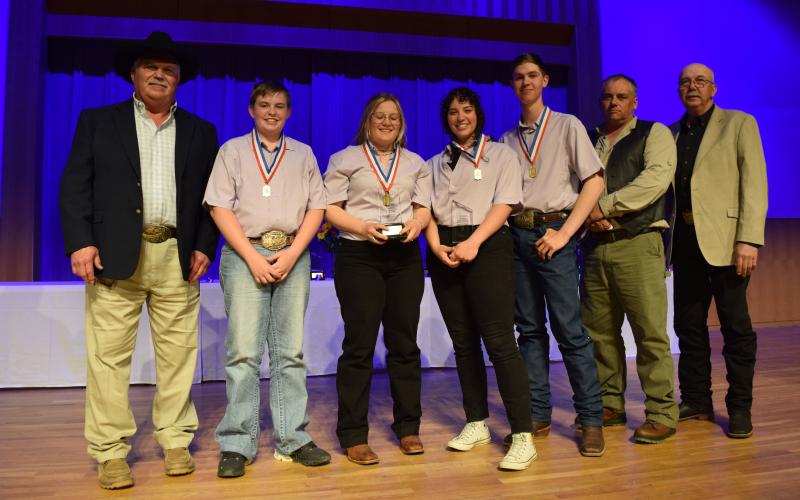
South Dakota Teams Perform Well at National Land, Range & Homesite Judging Contest
June 08, 2022
After two years of cancellations, a record attendance of more than 1,000 FFA and 4-H members competed in the National Land, Range, and Homesite Judging contest according to the Oklahoma Association of Conservation Districts, the contest’s main sponsor.

Five Range Management Principles: #3 Ecosystem Biodiversity
Milkweed can help make rangelands a better environment for both cattle and neighboring plants and animals by having a shielding effect on companion plants, preventing erosion and accelerating the decomposition process, whole also providing nectar, habitat and organic material for ecosystem services.